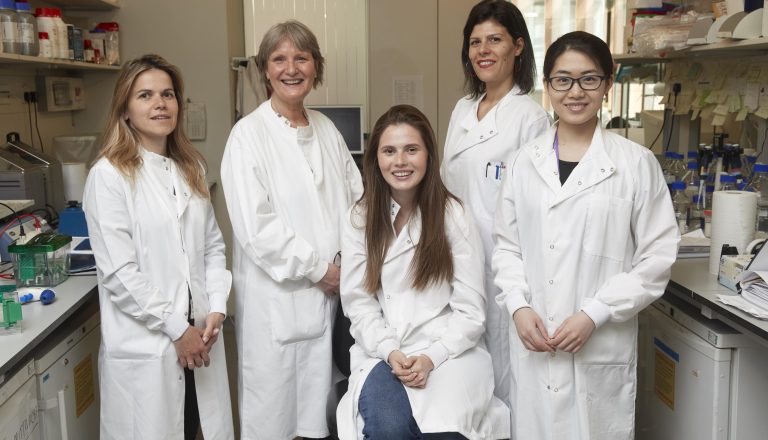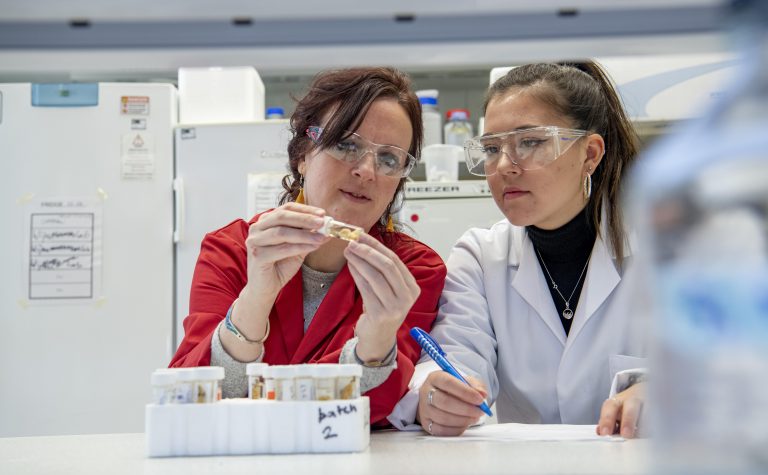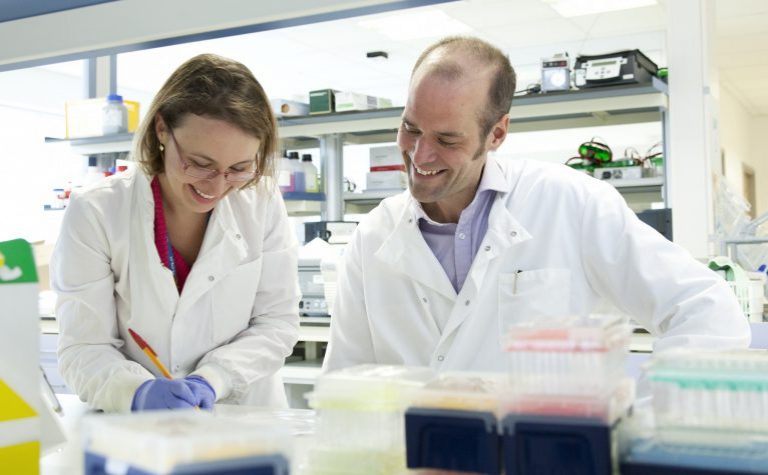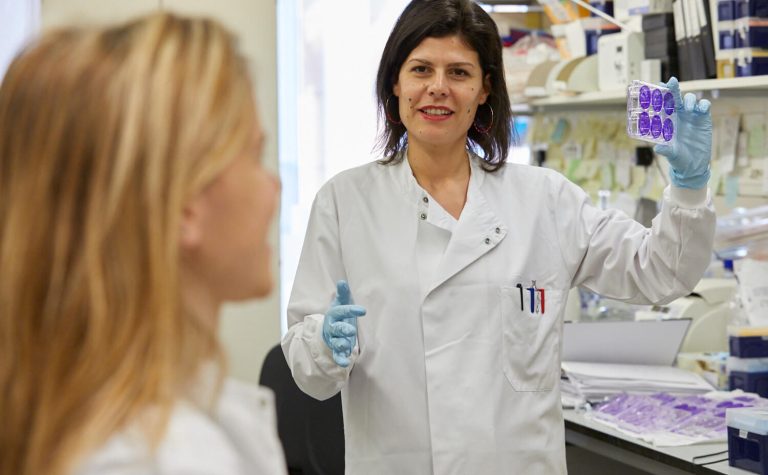Collaborating with other charities is an extremely effective way of supporting significant research projects that would otherwise go unfunded. Children with Cancer UK is very proud to be able to work with other respected charities and organisations to jointly back such important projects. Over the years research continues to contribute to childhood cancer survival rates increasing from 67% to approximately 84% getting us ever closer to our vision of a world where every child and young adult survives cancer.The following are just some of the most recent collaborations that Children with Cancer UK is proud to support:
Collaborating with other charities is an extremely effective way of supporting significant research projects that would otherwise go unfunded.



